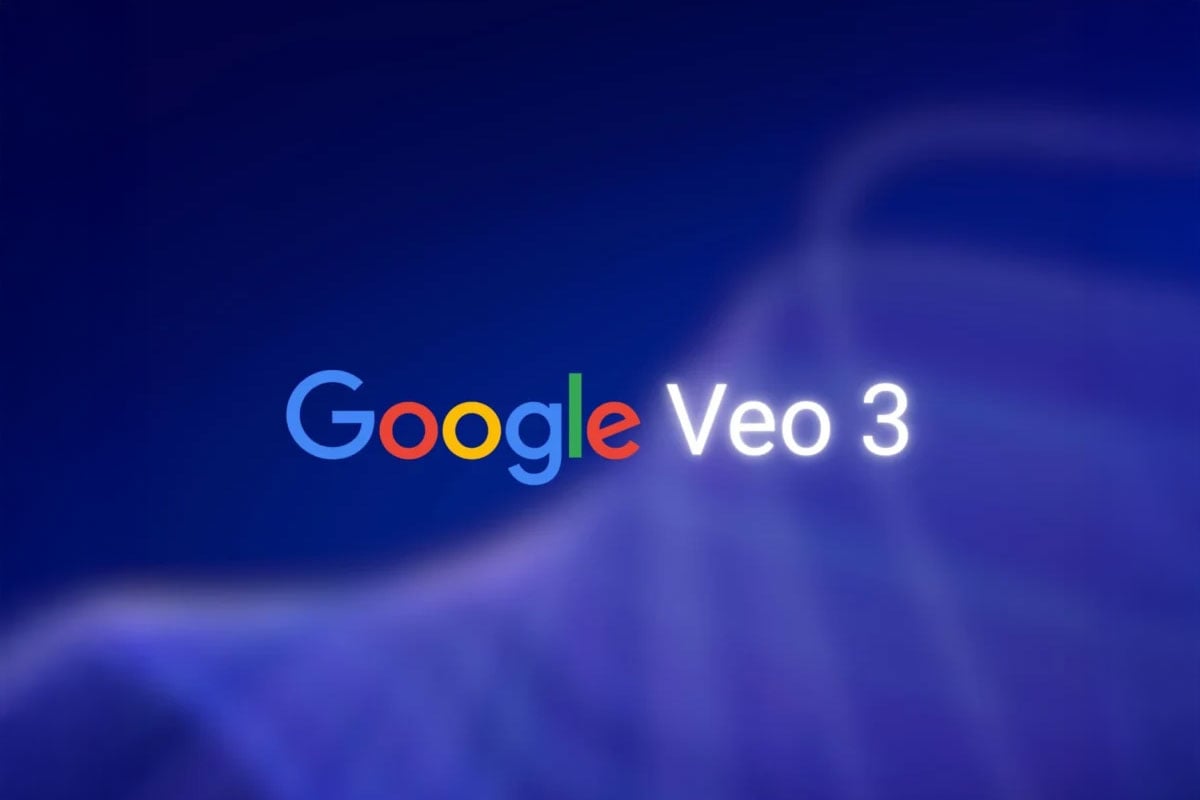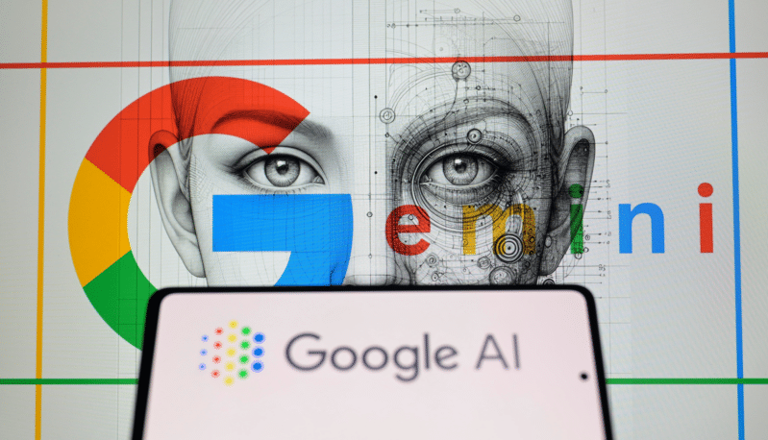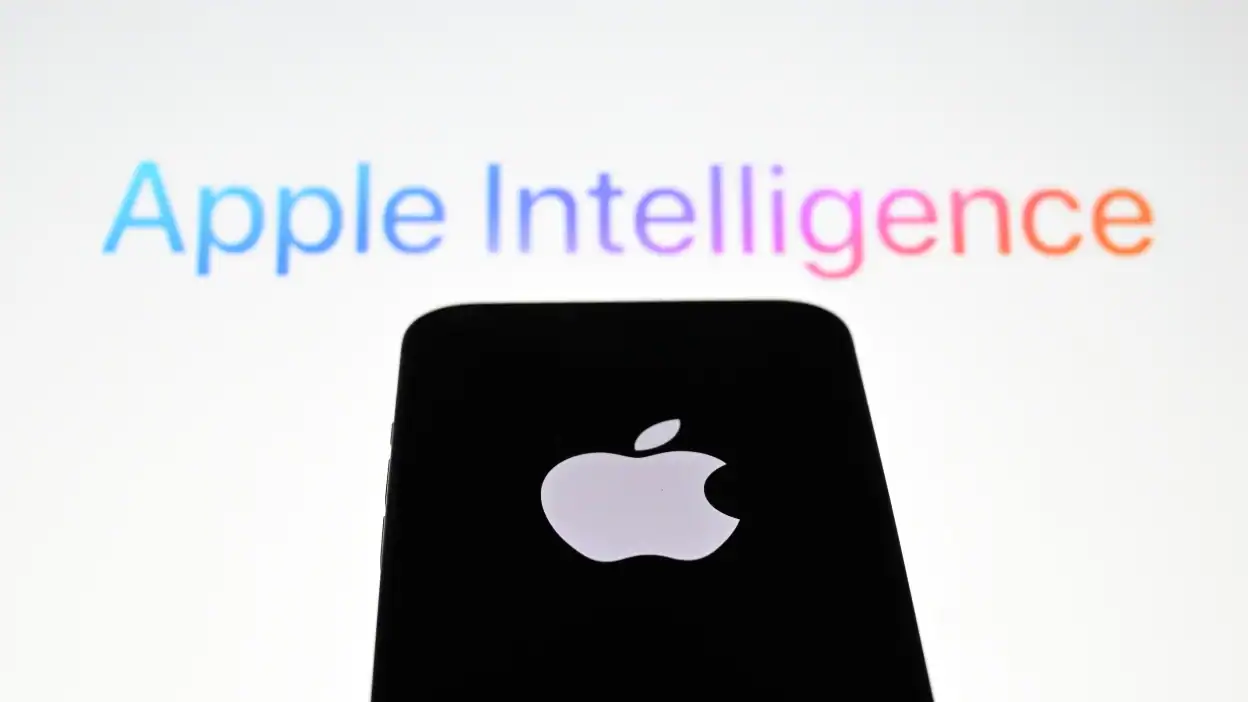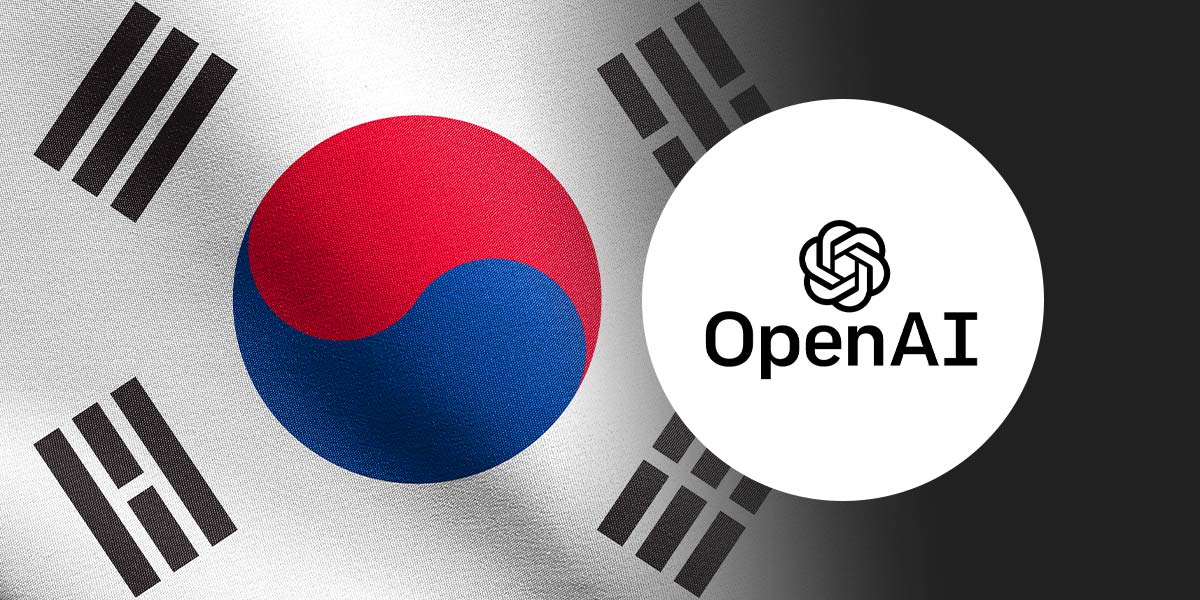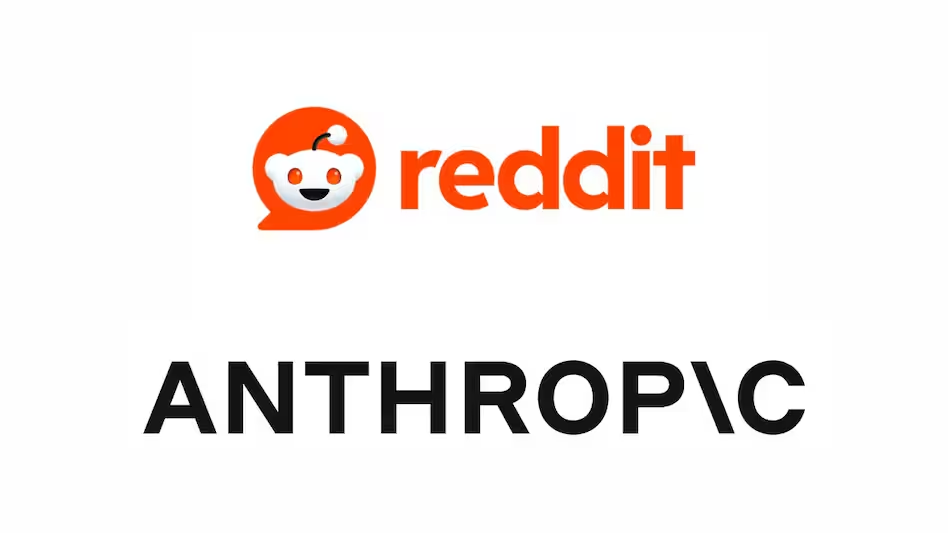Google's annual I/O developer conference has once again put artificial intelligence front and center, with a particular emphasis on the next generation of generative AI capabilities. The keynote presentation revealed significant advancements that will shape Google's product ecosystem and potentially transform how users interact with technology.
Gemini 2.0: A New Benchmark
The star of the show was Gemini 2.0, Google's most advanced AI model to date. Key improvements include:
- Multimodal reasoning: Enhanced ability to understand and generate content across text, images, audio, and video
- Contextual understanding: Better comprehension of nuanced queries and complex instructions
- Real-time processing: Significantly faster response times for more natural interactions
- Extended memory: Ability to maintain context over much longer conversations
- Specialized domains: Deeper expertise in fields like science, programming, and creative writing
Demonstrations showed Gemini 2.0 solving complex scientific problems, generating sophisticated code, and creating content that was notably more coherent and contextually appropriate than previous versions.
AI-Powered Creativity
Google showcased several new creative tools powered by generative AI:
ImageFX Pro: An advanced image generation system that can create highly detailed visuals from text descriptions, with unprecedented control over style, composition, and elements
MusicLM Studio: A music generation platform that can create original compositions in various genres based on text prompts or by continuing from existing melodies
VideoFX: A new video generation tool that can create short clips from text descriptions or transform existing videos with new styles and effects
Creative Assistant: An AI collaborator that helps with brainstorming, refining ideas, and overcoming creative blocks across different mediums
Productivity Enhancements
Several announcements focused on making users more productive:
Workspace AI: Deeper AI integration across Google Docs, Sheets, Slides, and Gmail, with the ability to generate entire documents, analyze data, and create presentations from simple prompts
Project Astra: A new AI assistant that works across Google's ecosystem to help users complete complex tasks that span multiple apps and services
Smart Actions: AI-suggested actions based on context, such as creating calendar events from emails or generating summaries of long documents
Developer Tools
For developers, Google announced several new AI-powered resources:
Gemini for Developers: Expanded API access to Google's most capable models, with new endpoints for specialized tasks
AI Studio Pro: Enhanced tools for building, testing, and deploying AI applications with less code
Firebase AI: Integration of generative AI capabilities into Google's app development platform
TensorFlow Next: A major update to Google's machine learning framework with simplified workflows for implementing AI features
Responsible AI Focus
Throughout the keynote, Google emphasized its commitment to responsible AI development:
Content authenticity: New tools to identify AI-generated content and maintain transparency
Bias mitigation: Improved techniques for reducing harmful biases in AI systems
Safety testing: Rigorous evaluation processes for AI features before public release
User control: Enhanced settings that allow users to determine how AI is used in their Google experience
Looking Forward
The announcements at Google I/O 2025 paint a picture of a future where AI is deeply integrated into virtually every aspect of digital life. While many of the showcased features will roll out gradually over the coming months, they collectively represent a significant leap forward in what's possible with generative AI.
As these capabilities become available to users and developers, they will likely accelerate the ongoing transformation of how we create content, process information, and interact with technology.
Source: Adapted from Google Blog

